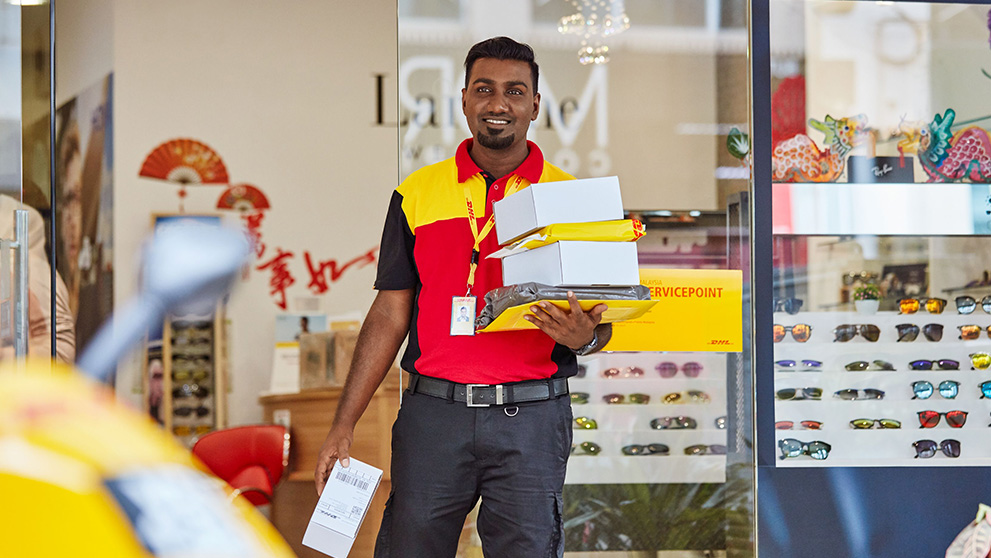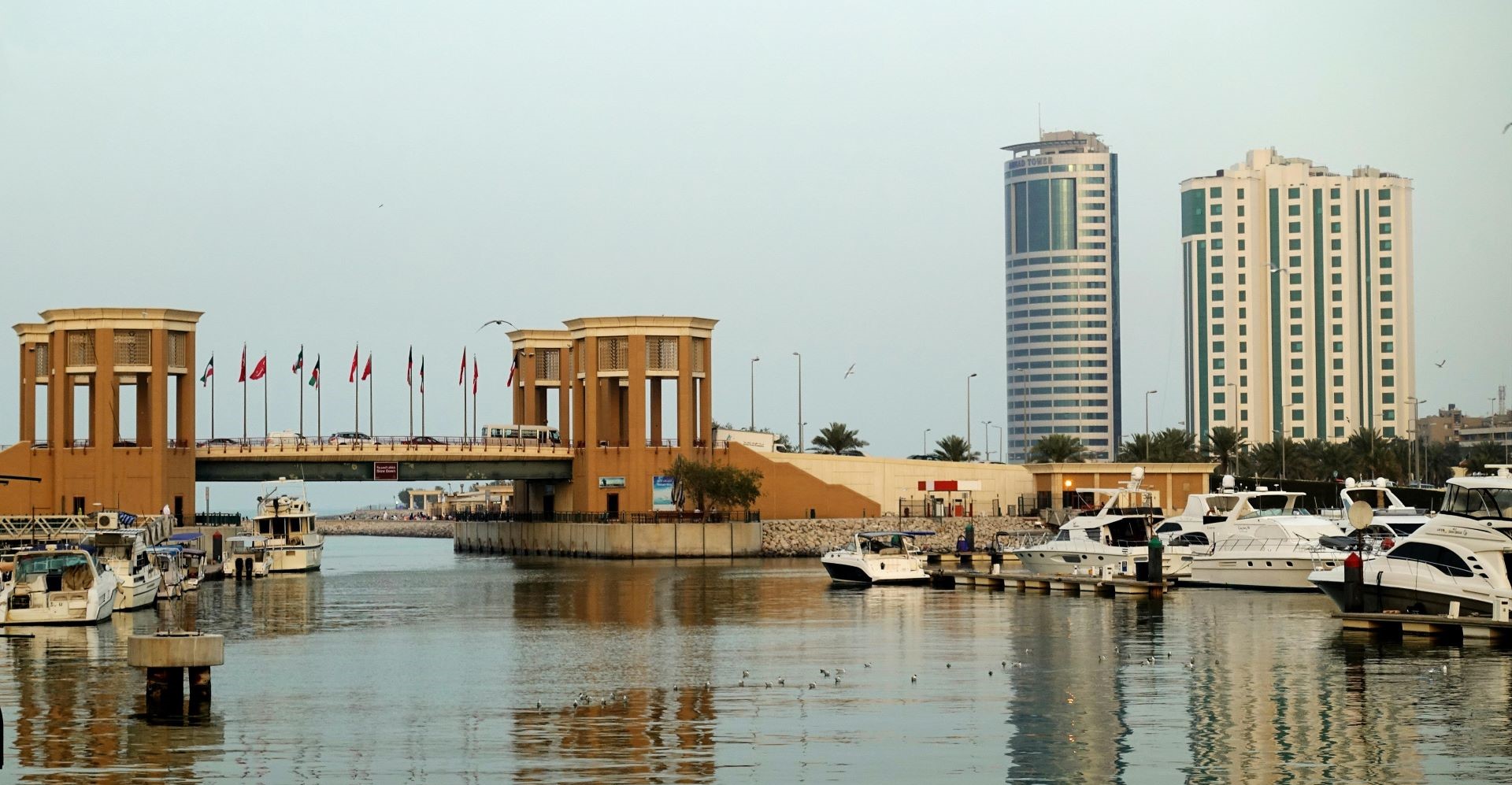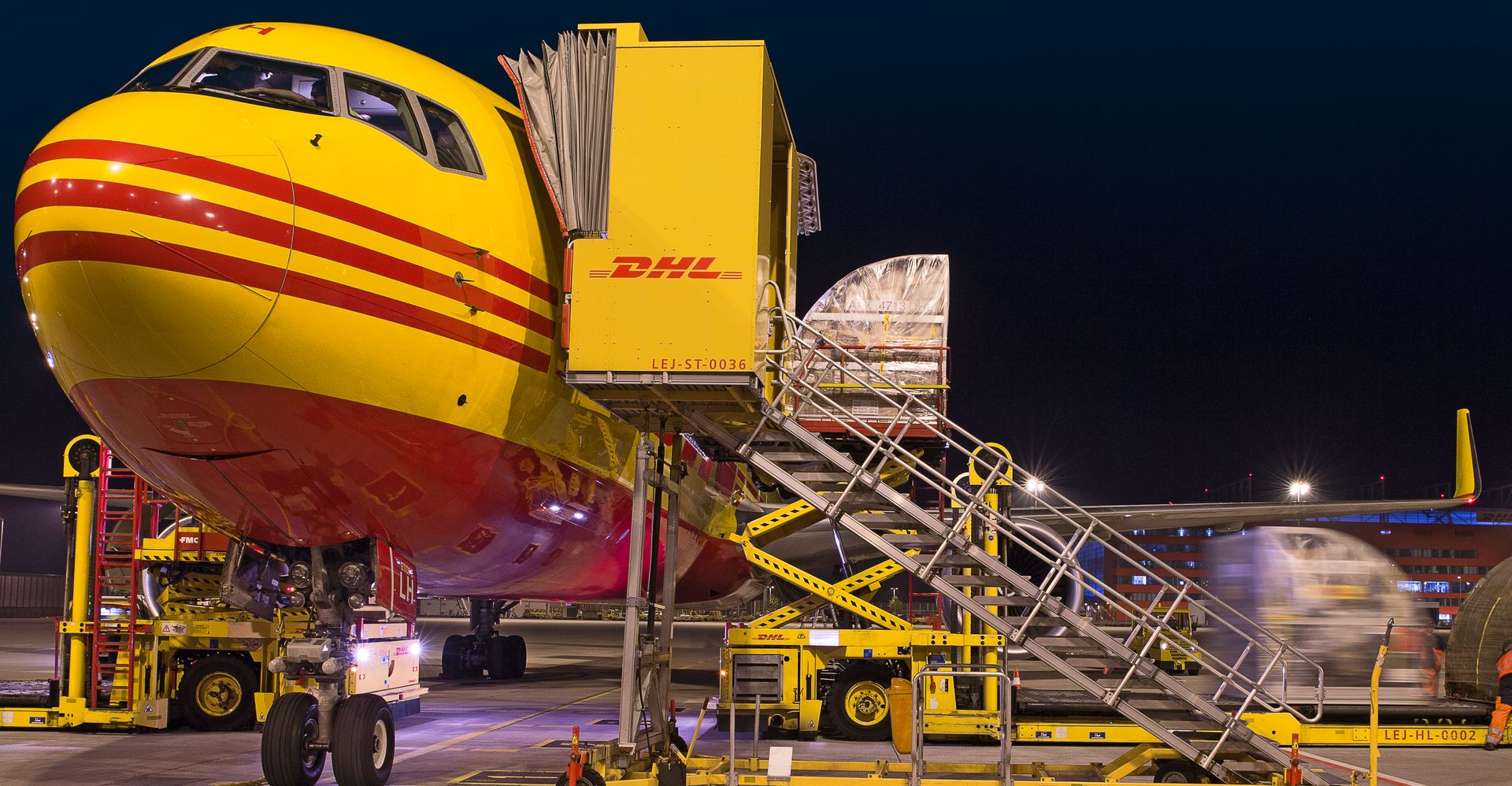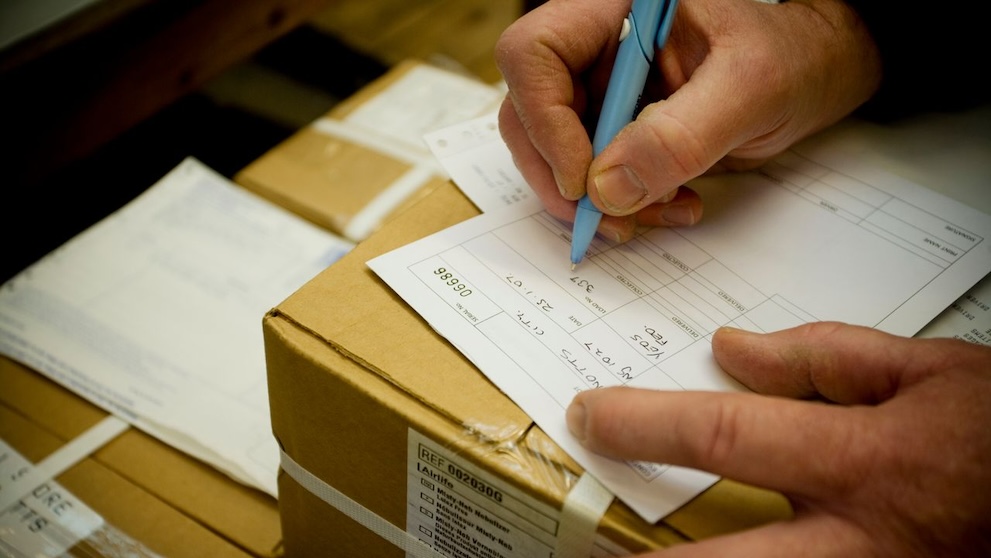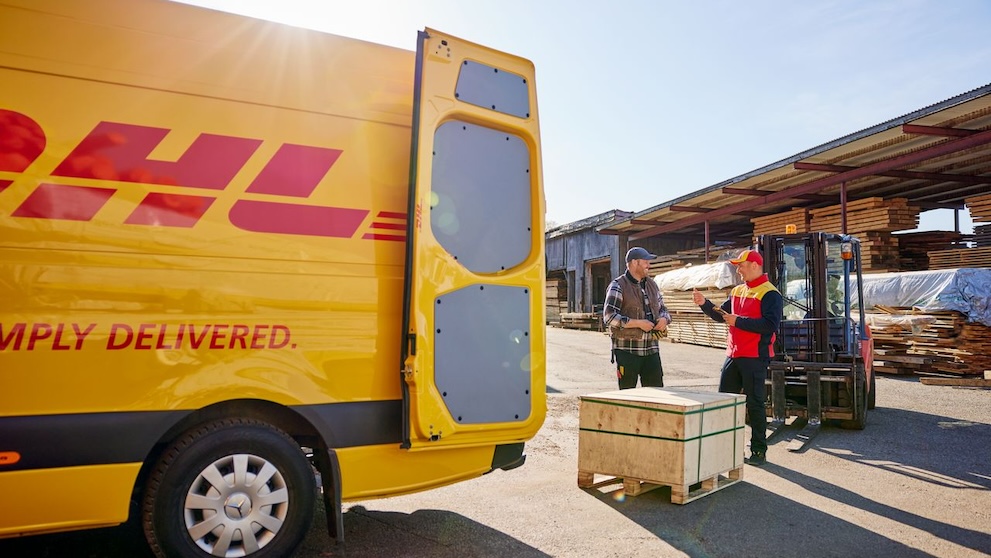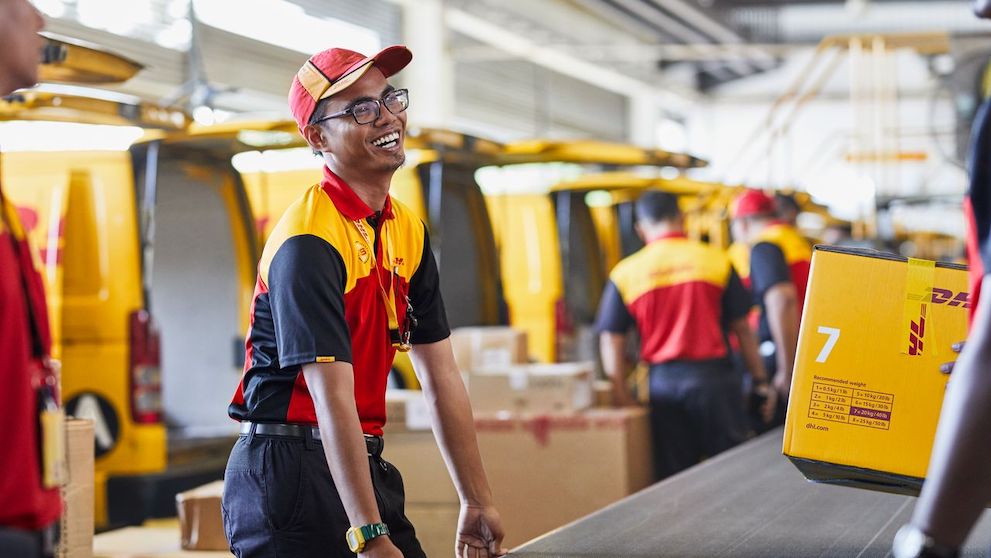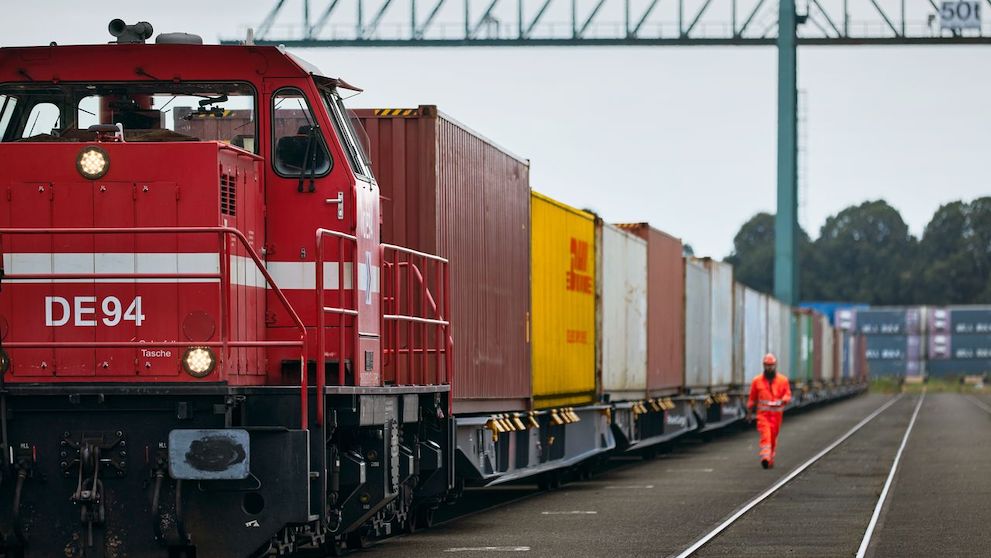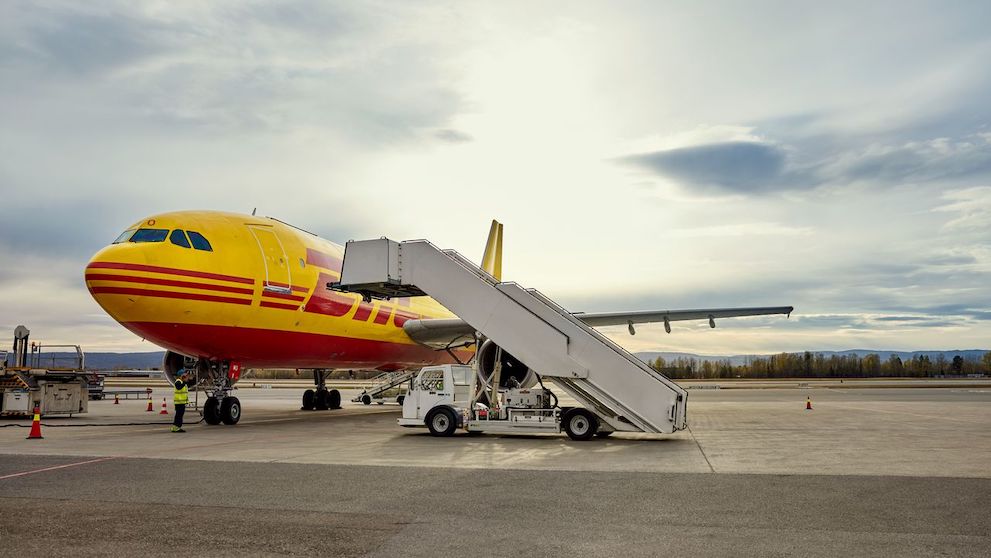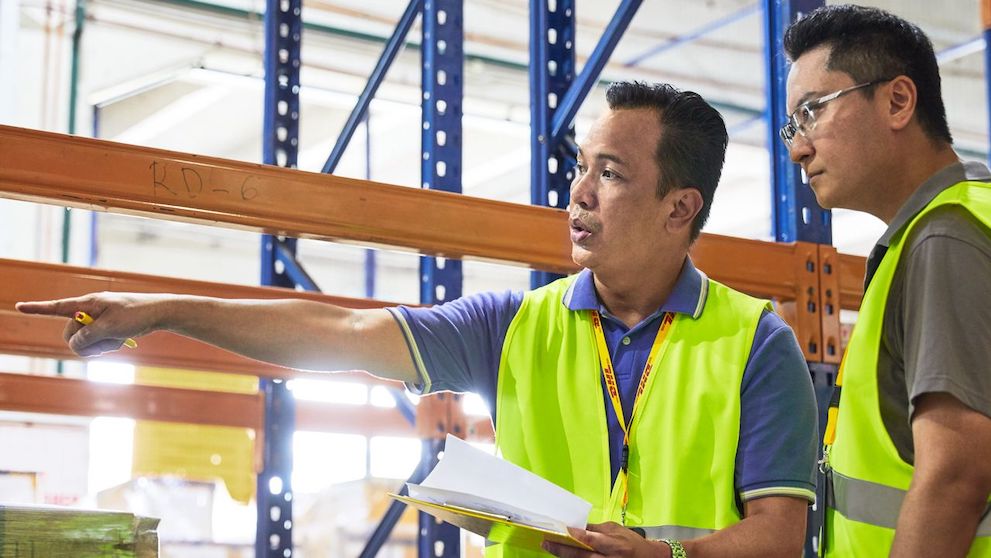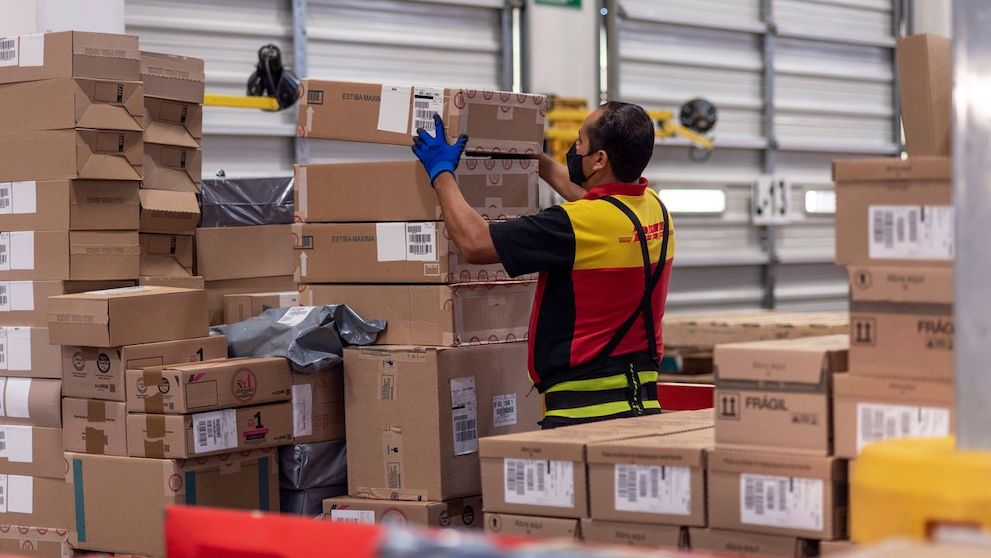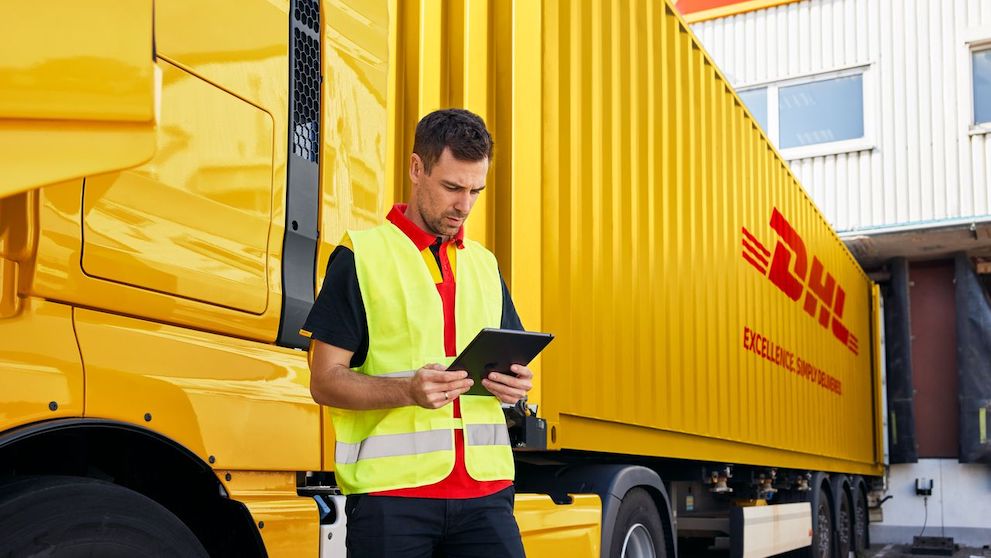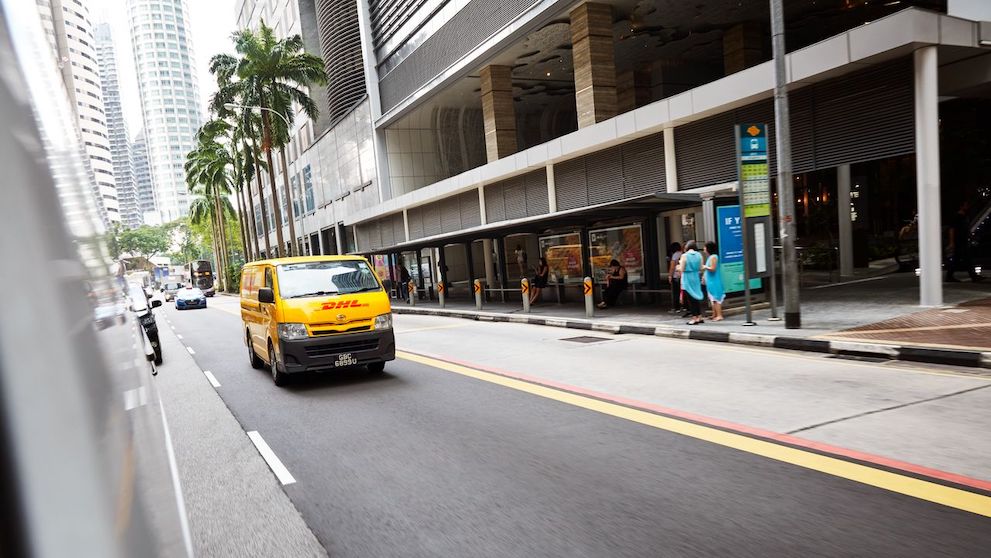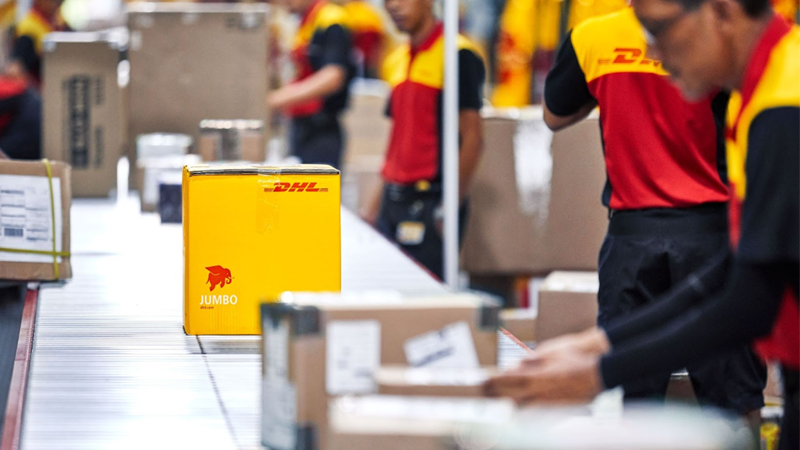Qatar is rapidly emerging as a lucrative market for global trade, particularly for businesses in Singapore. Did you know that Qatar’s Vision 2030 initiative has driven exponential growth across various sectors, including construction, technology, and e-commerce1? The burgeoning market offers immense opportunities for Singaporean exporters, but shipping to Qatar requires a keen understanding of its unique regulations, documentation, and cultural considerations.
This guide serves as your roadmap to shipping from Singapore to Qatar, detailing essential market insights, compliance requirements, and logistics solutions to ensure a smooth export experience.
Market overview
Economic landscape
Qatar boasts one of the highest GDP per capita globally, underpinned by its dominant oil and gas sector. However, the nation is also heavily investing in infrastructure and technology, creating significant opportunities for exporters. Singaporean businesses can benefit from the GCC-Singapore Free Trade Agreement (FTA)2, which eliminates tariffs on a wide range of products, ensuring a competitive edge in the Qatari market.
Furthermore, with non-oil imports accounting for 0.9% of Qatar's annual GDP, equating to US$2.2 billion³, this highlights the nation’s increasing dependence on diverse imports, presenting significant opportunities for Singaporean exporters.
E-commerce growth
With a tech-savvy population and increasing internet penetration, Qatar’s e-commerce market is flourishing. According to ECDB, Qatar is the 95th largest market for e-commerce, with a predicted revenue of US$387.5 million by 20244, placing it ahead of Guatemala. Revenue is expected to show a compound annual growth rate (CAGR 2024-2028) of 7.6%, resulting in a projected market volume of US$519.9 million by 2028. This growth presents exciting opportunities for Singaporean businesses to export electronics, IT solutions, and consumer goods directly to Qatari buyers.
Key industries
Singaporean businesses can tap into Qatar’s demand across the following sectors4:
- Construction and infrastructure: Export building materials, engineering services, and specialized equipment to support Qatar’s infrastructure projects.
- Technology and electronics: Cater to Qatar’s growing digital economy with electronics and software solutions.
- Vehicles: Export vehicles and related parts to meet the needs of Qatar’s diverse and expanding population.
Documentation and labeling for exports to Qatar
Shipping to Qatar involves adhering to strict documentation and labeling standards to ensure smooth customs clearance. Here’s what you need to know:
Key import documents
- Waybill: Detailed and accurate descriptions of goods must be provided.
- Commercial invoice: Include HTS codes, country of origin, value, and currency.
- Packing list: Not required.
- Permits: Communication equipment, food items, chemicals, medication, and medical equipment require additional import approvals.
- Legalised invoices: Can be processed upon arrival in Qatar.
- Certificate of origin: Mandatory for shipments exceeding 100 kilos (actual or volumetric weight).
- Authorization letter: Importers must provide a formal authorization for their logistics partner online through Qatar's customs portal (www.ecustoms.gov.qa). For instance, if engaging DHL Express Qatar, they would need to enter DHL Qatar LTD license details under CR no 4642 as a one-time process.
- B2C shipments: Ensure the Airwaybill includes a valid email address, contact numbers, and QID (Qatar national ID) or passport details. The delivery address must specify the zone, street, and building number.
Product labeling
Proper labeling and country-of-origin markings5 are critical to ensure compliance with Qatar's stringent import requirements. Here's what businesses need to consider:
- Mandatory labeling: Every product must clearly indicate "Made in [country]" and the brand name. This labeling is especially important for categories such as spare parts, finished goods, food products, personal care items, healthcare products, and pharmaceuticals.
- Permanent markings: Wherever possible, products should have "Made in [country]" and the brand name embossed, engraved, or labeled with a non-removable mark. This ensures durability and compliance with Qatari regulations.
- External packaging: For items where direct labeling is not feasible due to size or sensitivity, the external packaging must include the required markings. However, outer packaging alone is not sufficient; the individual items must also comply.
- Sticker guidelines: Non-removable stickers or labels with strong adhesive are acceptable, provided they are high-quality and tamper-proof. Paper stickers, which can be easily removed, are not permitted.
- Consistency with certificates: The "Made in [country]" declaration on product labels must match the details on the Certificate of Origin. Any discrepancy can result in shipment rejection or re-exportation.
- Commercial registration alignment: Importers must ensure that all products align with the activities listed in their commercial registration (CR). Items outside the listed activities are subject to detention or return to the origin.
If you are using DHL Express Singapore as your logistics partner, our customs clearance services can help ensure compliance with these labeling requirements.
Tips for efficient shipping to Qatar
Planning an effective shipping strategy from Singapore to Qatar requires striking the right balance between cost efficiency, speed, and reliability. This decision is influenced by factors such as the nature of goods being exported, their time sensitivity, and the preferences of Qatari customers. Here are some key considerations to ensure smooth and successful shipping:
- Optimal packaging: Take into account Qatar's desert climate, where extreme heat and dry conditions can impact shipments. Invest in robust and weather-resistant packaging materials to ensure your goods remain protected throughout transit.
- Cultural and seasonal awareness: Understand local cultural nuances and consider factors such as Ramadan, where working hours and logistics operations may be adjusted. Adapting your shipping schedules to align with local customs ensures smoother delivery processes.
- Compliance with import regulations: Familiarise yourself with Qatar's stringent import requirements, including prohibited and restricted items. This includes avoiding items like alcohol, pork-based products, and electronics without prior authorization. Staying updated on regulations minimizes risks of shipment delays or rejections.
By tailoring your approach to these considerations, businesses in Singapore can confidently navigate the complexities of shipping to Qatar while meeting local expectations and regulations.
Shipping solutions with DHL Express
Sending parcels to Qatar requires careful consideration of the country's specific import requirements, from detailed documentation to accurate labeling. Whether you’re shipping personal items or high-value goods for business, understanding these guidelines ensures a hassle-free experience.
Does DHL ship to Qatar? Absolutely — with reliable services designed for efficiency and compliance.
Reliable and efficient delivery
DHL Express leverages its extensive global network to offer timely, secure delivery solutions to Qatar. Whether you’re shipping high-value goods or temperature-sensitive items, DHL ensures reliability at every step.
Customs expertise
Navigating Qatar’s intricate customs requirements is straightforward with DHL. While every shipment requires thorough preparation, DHL Express’ guidance on necessary permits and documentation simplifies the process, ensuring compliance with Qatari regulations.
Specialized services
DHL Express offers tailored solutions, such as temperature-controlled shipping for perishable goods and express delivery for time-sensitive shipments. Businesses can also benefit from DHL’s industry-specific solutions designed to meet diverse needs.
Technology and tracking
Real-time tracking tools provide businesses and customers with complete visibility over their shipments, ensuring transparency and trust.
Transparent pricing
Evaluating shipping costs is crucial for businesses, and DHL provides a transparent, per-kilogram pricing structure that is both competitive and versatile. For instance, our GoGreen Plus initiative offers carbon-offset shipping solutions, catering to sustainability-conscious enterprises.
Make DHL Express your logistics partner for international shipping

Expanding to Qatar offers significant opportunities for Singaporean businesses. By understanding market trends, adhering to compliance requirements, and leveraging DHL’s industry-leading logistics solutions, businesses can effectively navigate the vibrant Qatari market, including bustling hubs like Doha.
With tailored courier services, customs expertise, and advanced technology, DHL Express ensures your shipments, whether commercial goods or personal parcels, reach Qatar efficiently and hassle-free.
Open a DHL Express business account today to optimize your international shipping process and capitalize on trade opportunities in Qatar.

Open a DHL Express business account today to optimize your international shipping process and capitalize on trade opportunities in Qatar.


